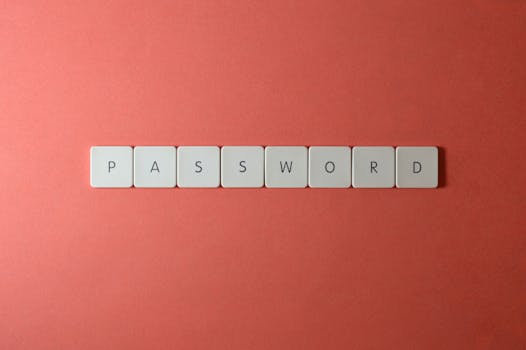Chasing losses in gambling is not just a financial concern but a significant emotional and psychological issue that can spiral into a destructive cycle. Understanding the behavior and implementing strategic measures can help manage and prevent the repercussions associated with this risky practice.
What Does Chasing Losses Mean?
Chasing losses occurs when gamblers continue to bet with the hope of recovering losses from previous sessions. This can lead to increasingly risky behaviors as the individual stakes more money, believing that a win is due soon—a misconception often influenced by the gambler's fallacy, which falsely assumes that past events can influence future outcomes in a purely random game.
Strategies to Combat Chasing Losses
- Setting Limits: One of the most straightforward methods to prevent chasing losses is by setting strict budget and time limits on gambling activities. Once these boundaries are reached, it's essential to cease playing immediately.
- Understanding the Odds: Knowledge is power. By understanding how the games work and recognizing that the odds are generally against the player, gamblers can temper their expectations and avoid irrational decisions based on the erroneous belief that a win is "due."
- Seeking Professional Help: For those who struggle with gambling addiction, professional help from counselors or support groups such as Gamblers Anonymous can be crucial. These resources provide tools and support systems that help address and manage compulsive gambling behaviors.
- Setting Limits is proactive and straightforward but requires self-discipline.
- Understanding the Odds equips gamblers with the knowledge to make informed decisions but may not alone deter a determined gambler.
- Seeking Professional Help offers comprehensive support and rehabilitation but might be hindered by stigma or cost factors.
Evaluating the Strategies
Each strategy comes with its own set of pros and cons:
Real-Life Impact
Consider the case of John, who initially gambled within a weekly budget of $50. As he fell into the trap of chasing his losses, his expenditures ballooned to $300 a week. By recognizing his problematic behavior, setting stringent limits, and seeking counseling, John managed to break the cycle and restore his financial and emotional health.
Key Takeaways
Chasing losses can escalate into a severe gambling problem, leading to substantial financial debt and emotional distress. By employing effective strategies such as setting financial limits, understanding gambling dynamics, and seeking professional advice, individuals can safeguard themselves against the pitfalls of gambling.
If you or someone you know exhibits signs of gambling addiction, proactive steps are essential. Remember, gambling should be a form of entertainment, not a financial strategy or an escape from reality. Stay informed and always gamble responsibly.

.png)





